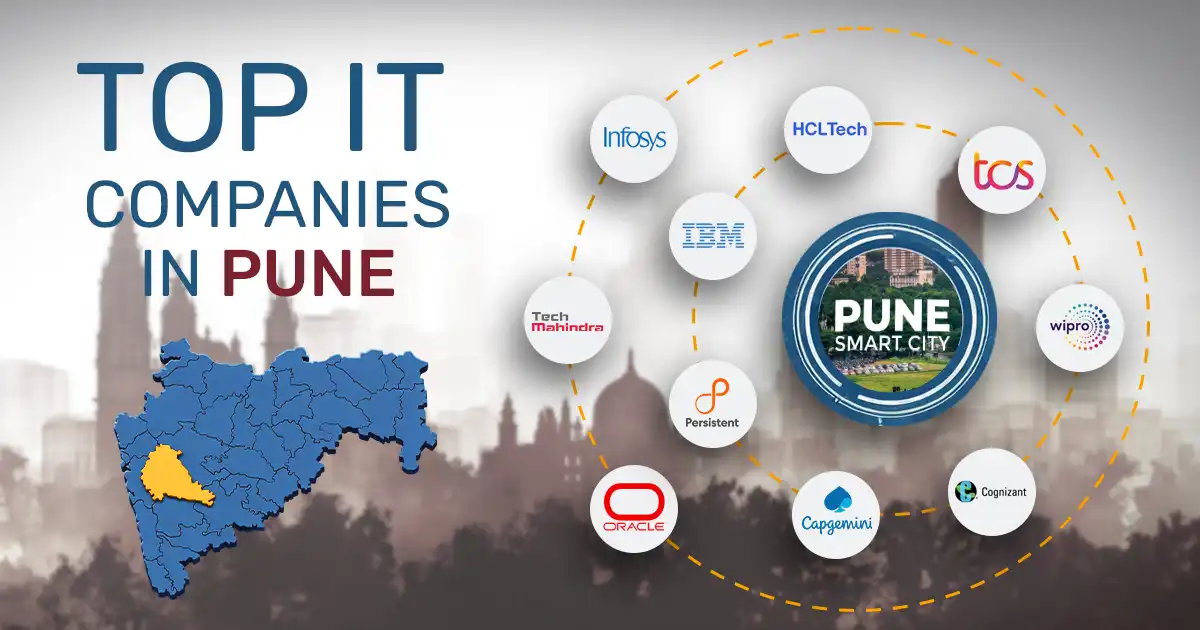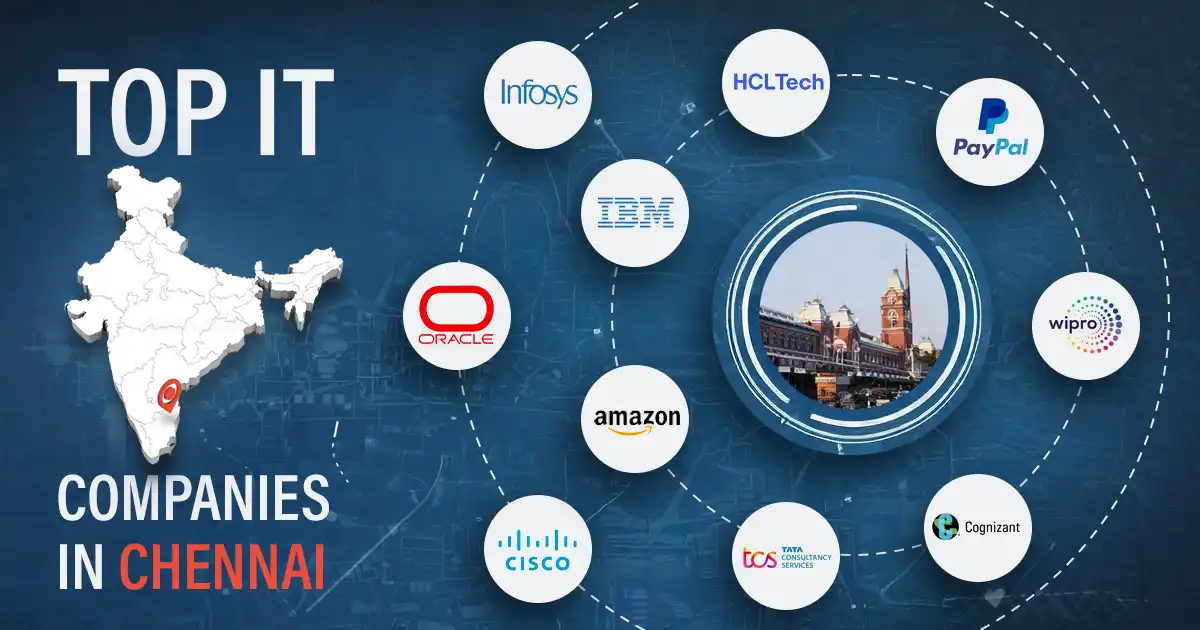
The Indian brewery industry has witnessed a significant transformation over the past decade. With a growing preference for craft beers and an expanding middle-class population, the sector offers immense opportunities for entrepreneurs. If you’re passionate about brewing and want to start a brewery business in India, this comprehensive guide will walk you through every step of the process.
Overview of the Indian Brewery Industry
The brewery industry in India is burgeoning, driven by changing consumer preferences and a thirst for new experiences.
Market Growth and Potential
- Rising Demand: The beer market in India is expected to grow at a CAGR of 9% from 2021 to 2025.
- Craft Beer Revolution: There’s a growing appreciation for craft beers, with microbreweries popping up in urban centers.
- Youth Demographics: With over 65% of the population under the age of 35, there’s a substantial market eager to explore new beer varieties.
Market Analysis
Before you start a brewery business in India, understanding the market landscape is crucial.
Target Audience and Demographics
- Age Group: 21-45 years.
- Urban Centers: Major cities like Mumbai, Delhi, Bangalore, and Kolkata.
- Preferences: An increasing inclination towards premium and craft beers.
Key Competitors
- Major Players: Kingfisher, Budweiser, Carlsberg.
- Craft Breweries: Bira 91, White Rhino, Simba.
Business Planning
A solid business plan is the foundation of any successful venture.
Crafting a Business Plan
- Executive Summary: Outline your brewery’s vision and mission.
- Market Analysis: Detail your target market and competitive landscape.
- Operational Plan: Describe the production process, facility needs, and supply chain.
- Marketing Strategy: Plan how to promote your brewery and reach customers.
Financial Projections and Budgeting
- Startup Costs: Estimate expenses for equipment, facilities, licenses, and staffing.
- Revenue Forecasts: Project sales based on market research.
- Break-even Analysis: Determine when your brewery will become profitable.
Legal Requirements
Compliance is key when you start a brewery business in India.
Necessary Licenses and Permits
- Brewery License: Obtain from the state excise department.
- Fire Safety Certificate: From the local fire department.
- Environmental Clearance: For waste disposal and pollution control.
- FSSAI License: For food safety compliance.
Read our blog: FSSAI Registration Online in India
Compliance with Regulations
- Alcohol Content: Adhere to state-specific regulations on alcohol by volume (ABV).
- Labeling Laws: Comply with packaging and labeling requirements.
- Taxation: Understand excise duties and GST implications.
Location and Facility
Choosing the right location can make or break your brewery.
Selecting an Optimal Location
- Proximity to Target Market: Urban areas with high foot traffic.
- Space Requirements: Adequate area for brewing equipment and storage.
- Zoning Laws: Ensure the location complies with local zoning regulations for breweries.
Facility Setup Essentials
- Brewing Area: Sanitary and temperature-controlled environment.
- Tasting Room: If planning to serve on-site.
- Storage: Proper facilities for raw materials and finished products.
Equipment and Technology
Investing in quality equipment is vital when you start a brewery business in India.
Essential Brewing Equipment
- Brewhouse System: Mash tuns, kettles, and fermenters.
- Cooling System: Glycol chillers for temperature control.
- Filtration System: For clarifying beer.
- Packaging Equipment: Bottling or canning lines.
Technology for Quality Control
- Laboratory Equipment: For testing beer quality.
- Automation Software: To monitor brewing processes.
- Inventory Management Systems: For tracking raw materials and finished goods.
Product Development
Creating unique beer recipes will set your brewery apart.
Developing Beer Recipes
- Experimentation: Try different grains, hops, and yeasts.
- Consult Experts: Work with experienced brewmasters.
- Consumer Feedback: Conduct tasting sessions to refine your products.
Ensuring Product Quality
- Quality Ingredients: Source the best raw materials.
- Strict Hygiene Practices: Maintain cleanliness throughout the brewing process.
- Regular Testing: Monitor pH levels, gravity readings, and fermentation.
Branding and Marketing
Building a strong brand is essential to attract customers.
Building Brand Identity
- Logo and Packaging: Design eye-catching visuals.
- Brand Story: Share your brewery’s unique journey.
- Brand Values: Emphasize commitment to quality and innovation.
Marketing Strategies (Digital and Traditional)
- Social Media: Use platforms like Instagram and Facebook to engage with audiences.
- Website and SEO: Optimize your online presence to be easily found by those looking to start a brewery business in India or beer enthusiasts.
- Events and Festivals: Participate in beer festivals and host tasting events.
- Traditional Advertising: Utilize local newspapers, magazines, and radio.
Distribution and Sales
Getting your beer to customers is a critical step.
Establishing Distribution Channels
- Direct Sales: On-site sales at your brewery.
- Wholesalers: Partner with distributors who have a broad network.
- Online Sales: Comply with state laws for online alcohol sales.
Partnering with Retailers and Bars
- Negotiations: Offer competitive margins to retailers.
- Promotion: Provide promotional materials to support sales.
- Relationships: Build strong ties with bar owners and retailers.
Staffing
Your team will drive your brewery’s success.
Hiring Key Personnel
- Brewmaster: Essential for overseeing beer production.
- Sales and Marketing Staff: To promote and sell your products.
- Operations Manager: For day-to-day management.
Training and Development
- Skill Development: Provide training on brewing techniques and equipment.
- Compliance Training: Ensure staff understand legal requirements.
- Customer Service: Train front-of-house staff for excellent customer interactions.
Financial Management
Effective financial management ensures sustainability.
Managing Expenses and Revenues
- Budgeting: Monitor spending on ingredients, operations, and marketing.
- Accounting Systems: Implement software for tracking finances.
- Cost Control: Regularly review costs to identify savings.
Funding Options
- Self-Funding: Use personal savings or assets.
- Bank Loans: Secure business loans from financial institutions.
- Investors: Attract angel investors or venture capital.
- Government Grants: Explore subsidies or grants for small businesses.
Table: Startup Cost Estimates
| Expense Category | Estimated Cost (INR) |
| Licenses and Permits | 10,00,000 – 15,00,000 |
| Equipment Purchase | 50,00,000 – 1,00,00,000 |
| Facility Lease/Rent | 5,00,000 – 10,00,000 |
| Initial Inventory | 5,00,000 – 8,00,000 |
| Staffing Costs | 3,00,000 – 5,00,000 |
| Marketing and Branding | 2,00,000 – 4,00,000 |
| Miscellaneous Expenses | 2,00,000 – 3,00,000 |
| Total Estimated Costs | 77,00,000 – 1,45,00,000 |
Conclusion
Embarking on the journey to start a brewery business in India is both exciting and challenging. By thoroughly researching and planning each aspect of your brewery, from market analysis to financial management, you can position your business for success. Remember, compliance with legal requirements and a commitment to quality are non-negotiable in this industry.
Frequently Asked Questions
A1: It can take anywhere from 6 months to a year to start a brewery business in India, considering time for licensing, setup, and product development.




